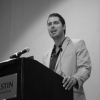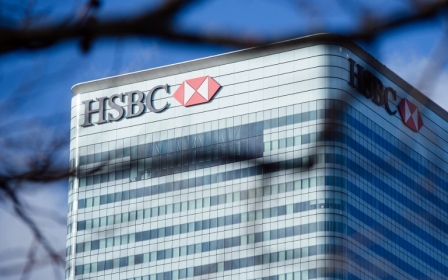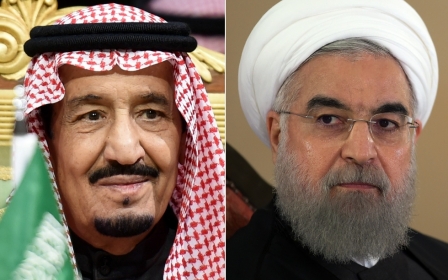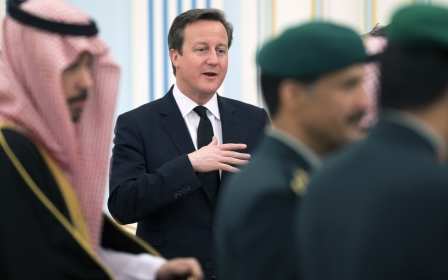What the Panama Papers tell us about terror and globalisation
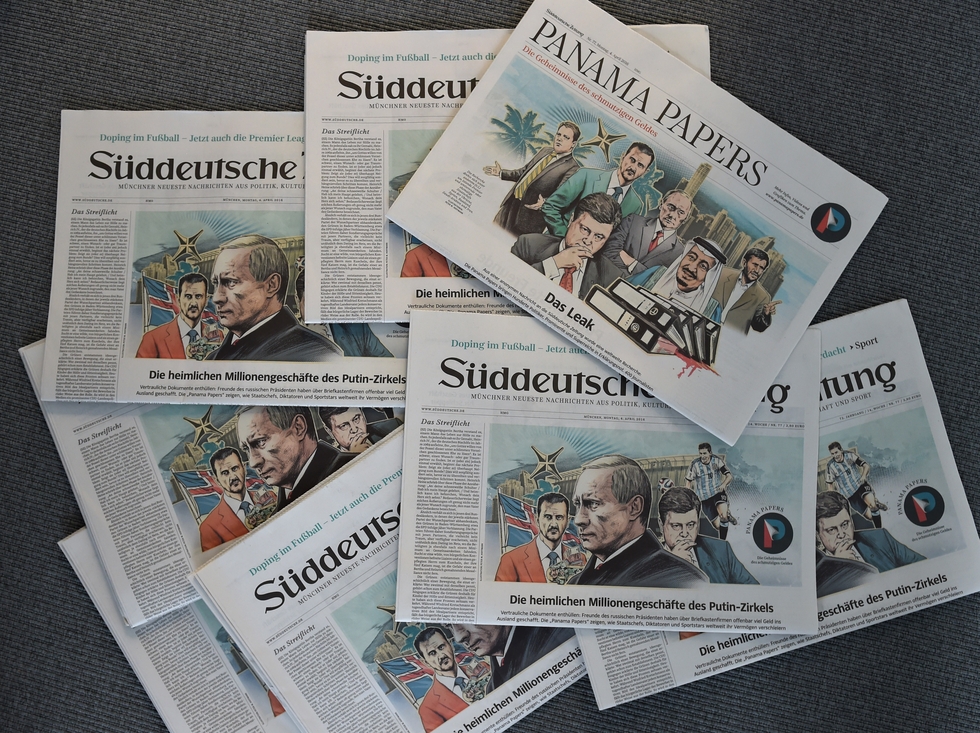
The term “globalisation” means different things to different people, but there’s no getting around the fact that it is more or less a euphemism for Western colonisation of the developing world – only this time not via the hard power of nation state imperialism but by the soft power of Wall Street and Hollywood.
Malcolm Waters, a political theorist, called globalisation the “universalisation of Western ideological and political concepts”. But even more than that, globalisation has transported the Wall Street-favoured economic policies of legalised graft and laundering to countries in the developing world – particularly the Gulf States and Central Asia.
Globalisation has universalised the economic protection of super-elites. Today, the world’s wealthiest 1 percent own more than the bottom 60 percent combined. The globalisation of economic policies have exacerbated the socio-economic-political differences between the "haves" and the "have nots". Today instead of investing or paying taxes in their own countries, the super-elite "haves" are parking unforeseen wealth in idle shelf companies located in exotic countries that the "have nots" could never in a hundred lifetimes afford to visit.
It’s the globalisation of Wall Street-favoured economic policies that lies at the root of the kind of violent extremism now associated with “Islamic terrorism”, but more on that later.
This week the International Consortium of Investigative Journalists (ICIJ) released what has become known as the Panama Papers – a leaked database containing 11 million pages of documents from the offshore law firm Mossack Fonseca.
This one law firm has helped everyone from Russian President Vladimir Putin's friends to Saudi royals; from Syrian President Bashar Assad's cronies to Pakistan’s prime minister, enabling them to park tens of billions of dollars in off-shore bank accounts for the purpose, presumably, of either avoiding taxes in their respective home countries, or safeguarding their wealth from domestic regulators.
In other words, when world leaders and their cronies aren’t starving their home countries of the tax revenue needed to invest in infrastructure and social welfare programmes, they are, like super-elites have in America for the past three decades, rigging the tax code to shift the tax burden to the middle and lower rungs of the economic ladder, while at the same time slashing government programmes to offset the reduction in gross national tax revenue.
The fruits of these Wall Street favoured economic policies include widespread poverty, income inequality, stagnant wages and a disempowerment of the voter class. In America, this has provided the political space for an authoritarian fascist figure to emerge as a legitimate contender for the Oval Office. In the Middle East, these now universalised economic policies have created the space for radical anti-government, religious groups to take hold.
Whereas America’s conservative underclass is easily led by racists and fascists into believing it was immigrants who took away their socio-economic mobility, the Middle East’s conservative underclass is equally easily led by radicals into believing it was the import of Western values (globalisation) that took away theirs.
Graham Fuller, a political scientist at the Rand Corporation, explains how those in non-Western countries are confronted by what can easily be construed as evidence that Western values are to blame for the socio-economic degradation of their societies.
“Systems of international marketing and communications create freeways for the mass import of foreign cultural materials – food, drugs, clothing, music, film, books, television programmes, even values – with the concomitant loss of control over societies, symbols, and myths. Such cultural anxieties are welcome fuel to more radical political groups that call for cultural authenticity, preservation of traditional and religious values, and rejection of the alien cultural antigens,” writes Fuller. “Big Macs become in-your-face symbols of American power – political, economic and military – over weak or hesitant societies and states.”
While Fuller’s critique veers a little too close to the widely debunked “clash of civilization” thesis, it has to be said that US-led invasions, occupations, military bases and protectorates in the Middle East do serve to ram this anxiety home to many who turn to anti-Western or anti-Western backed government-motivated violence. Ayman al-Zawahiri, the Egyptian-born founder of al-Qaeda, identified the enemy of the Middle East to be a consortium of entities and institutions that could all be associated with Western ideological globalisation.
“The Western forces that are hostile to Islam have clearly identified their enemy. They are joined in this by their old enemy, Russia. They have adopted a number of tools to fight Islam, including: 1. The UN. 2. The friendly rulers of the Muslim peoples. 3. The multinational corporations. 4. The international communications and data exchange systems. 5. The international news agencies and satellite media channels. 6. The international relief agencies,” wrote al-Zawahiri in his “University of Battles.”
In this sense, globalisation, as Benjamin Barber, notes, has set the table for today’s confrontation between the “McWorld” and “Jihad”. While only a handful of Arabs and Iranians have been named in the first trove of leaked documents, we can be pretty sure there will be many more shoes to drop. The sound of these shoes falling will heighten the appeal of those who posit that the Middle East is under attack from the “McWorld”.
And those who have stashed away their obscene wealth in the banks of Panama, Cayman Islands and elsewhere will only have themselves to blame for the social chaos and violence that is or will be unleashed on their thrones, juntas, and governments.
“Consider the present condition of the Middle East,” asks QZ columnist Haroon Moghul. “And how many billions, if not trillions, of dollars were flushed down the toilet in pursuit of pleasure, acts of hedonism, vanity projects, cults of personality and grudge matches. All money that could have been invested in the future of a region that was once one of the most dynamic in the world.”
Ultimately, terrorism is always rooted in socio-economic-political inequalities. It was these inequalities that also gave rise to the Arab Spring and the Syrian revolutionary protests. The Panama Papers reveal that Syria’s wealthiest individual Rami Makhlouf, who is a cousin of President Assad, had funnelled $27m to off-shore bank accounts. Syria is already in flames, but as the ICIJ works towards dropping the next shoe, it is likely further revelations will bring further destabilisation to an already unstable region.
- CJ Werleman is the author of Crucifying America (2013), God Hates You. Hate Him Back (2009), and Koran Curious (2011), and he is the host of Foreign Object. Follow him on twitter: @cjwerleman
The views expressed in this article belong to the author and do not necessarily reflect the editorial policy of Middle East Eye
Photo: A photo taken on 7 April, 2016 in Munich at the office of the German daily "Sueddeutsche Zeitung" shows several issues of the newspaper dated 4 April, 2016, titling on the so-called "Panama Papers" with illustrations by German artist Peter M Hoffmann depicting heads of state (AFP/CHRISTOF STACHE).
Middle East Eye propose une couverture et une analyse indépendantes et incomparables du Moyen-Orient, de l’Afrique du Nord et d’autres régions du monde. Pour en savoir plus sur la reprise de ce contenu et les frais qui s’appliquent, veuillez remplir ce formulaire [en anglais]. Pour en savoir plus sur MEE, cliquez ici [en anglais].


